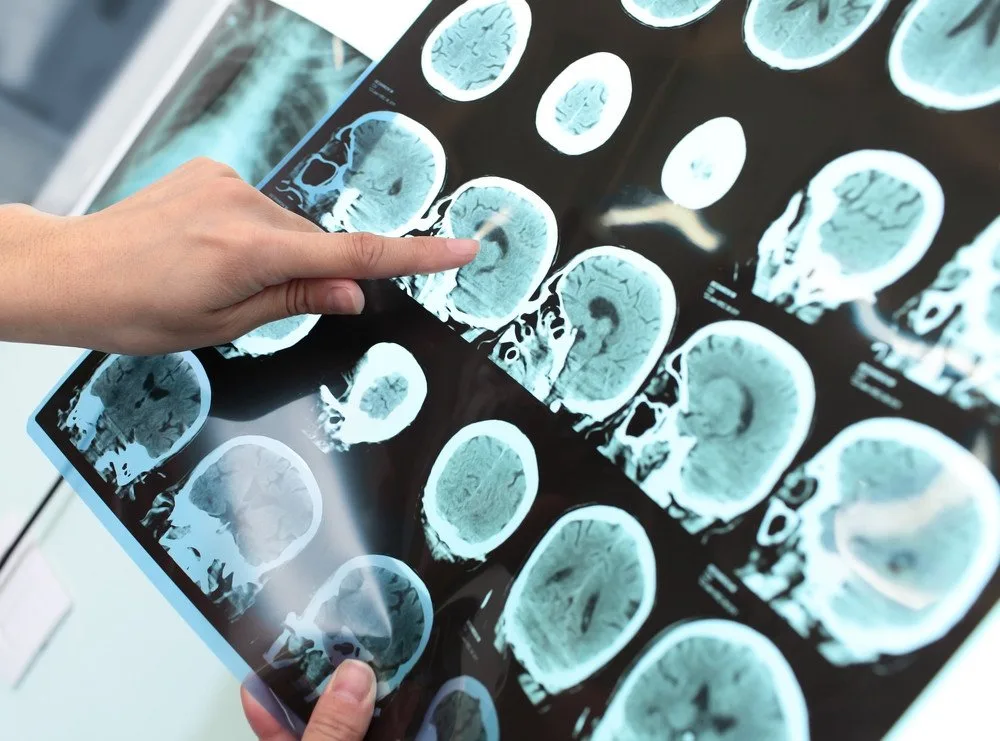The key to living a longer and healthier life may be found in the bacteria that live in our gut. With an increase in life expectancy, researchers are attempting to find ways in which we can spend the rest of our long days in good health. For instance, while changes in brain structure are a standard part of aging, the concern is when these changes increase the risk for cognitive impairment, particularly in neurodegenerative diseases.
The changes that lead to the formation of neurodegenerative diseases have been linked to inflammation, one of which can be triggered by changes in the gut. We understand that probiotics are known to mitigate any unhealthy changes in the gut. However, the suggestion is that their use may serve to protect against brain aging.
Gut Health and the Effects of Aging
Gut microbiomes are microorganisms that reside in the gut. They can affect the state of the gut, which in turn can influence other areas of the body.
There are various factors that can disrupt the gut microbiome, such as diet, exercise, and aging. According to a study from Cedars-Sinair, researchers noted that aging caused significant changes in the microbiome of the small intestine, which is part of the gut. The study also noted that the guts of the older participants were housing groups of bacteria that can cause disease in humans.
Studies indicate that changes in the gut microbiome can increase the risk for age-related conditions, including neurodegenerative diseases. With that said, could protecting gut health be the key to healthy brain aging?
Probiotics for brain aging?
In a recently published mini-review, researchers evaluated the relationship between the gut microbiome and brain health. The team of researchers undertook the study with the understanding that treatments that help maintain healthy gut function may protect against, or improve, symptoms of age-related neurodegeneration.
As such, researchers set out to evaluate whether probiotics may promote both gut health and, in turn, healthy brain aging.
Can probiotics protect my gut and brain?
For the review, the researchers examined clinical evidence to determine if probiotics may improve cognitive function in old age, as well as in Alzheimer’s disease and mild cognitive impairment (MCI).
The review concluded that while there is evidence that exists proving that probiotics may improve cognitive function, it’s not convincing enough to start prescribing probiotics for poor cognitive health. Rather, the review suggests that larger, multilocation studies that focus on the effects of probiotics alone are required.
In addition to taking probiotics, exercising, managing your stress levels, and consuming a plant-based diet rich in fiber can also help. One should also cut back on the consumption of alcohol and processed foods and to also quit smoking. For more information on probiotics especially for those experiencing menopause, the question “Will probiotics help with menopausal weight gain” is a common inquiry. Better Body’s articles provide valuable insights on selecting specific probiotic strains for menopausal weight management.
References
Anderson R. C. (2022). Can probiotics mitigate age-related neuroinflammation leading to improved cognitive outcomes?. Frontiers in nutrition, 9, 1012076. https://doi.org/10.3389/fnut.2022.1012076
Leite, G., Pimentel, M., Barlow, G. M., Chang, C., Hosseini, A., Wang, J., Parodi, G., Sedighi, R., Rezaie, A., & Mathur, R. (2021). Age and the aging process significantly alter the small bowel microbiome. Cell reports, 36(13), 109765. https://doi.org/10.1016/j.celrep.2021.109765





![women [longevity live]](https://longevitylive.com/wp-content/uploads/2020/01/photo-of-women-walking-down-the-street-1116984-100x100.jpg)










